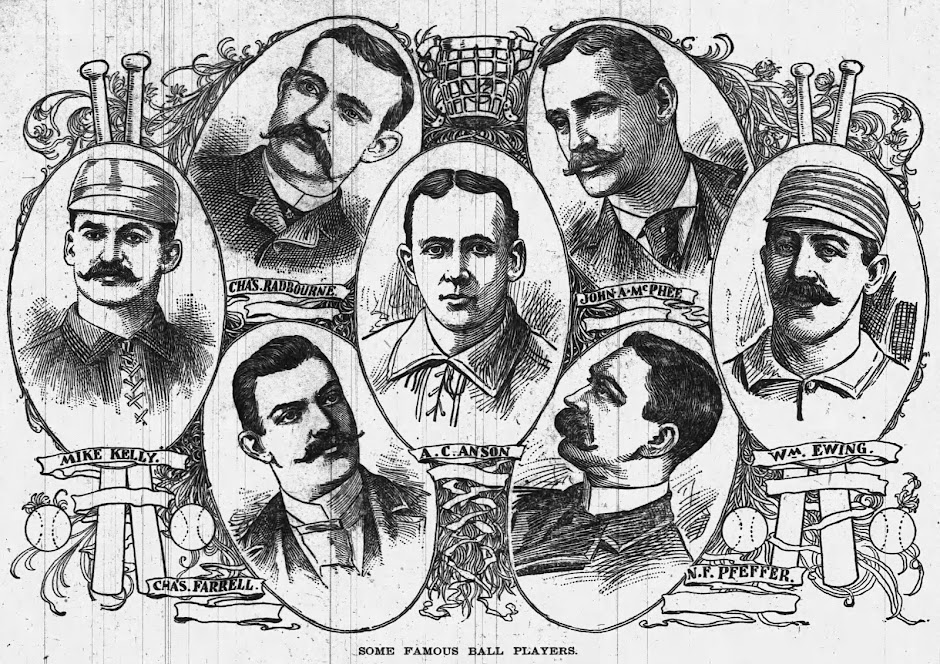I just finished reading David Frey's "The First Tetraology: Shakespeare's Scrutiny of the Tudor Myth" which was written in 1976. Written while E.M. Tillyard's theory of the Tudor Myth was still widely accepted, the author argues against the idea that the Henry VI plays plus Richard III are based on the premise that the horrors depicted in these plays are God's punishment for the deposition and murder of Richard II. According to this theory it is only when Richmond leads the revolt against the wicked Richard and wins the crown at Bosworth Field that the curse is lifted.
Frey focuses his attention on Henry VI, Richard III and Richmond to argue that Shakespeare is about something else in these plays, not supporting the Tudor myth. Among other things his arguments are based on an interpretation of Henry VI much different and much more favorable than I have seen before. I want to re-read that section of the book before writing about it, but it seemed well argued to me.
Frey also cites a number of different points to claim that Shakespeare's portrayal of Richmond is both brief and not at all that of a divine saviour. He notes something that I picked up on a long time ago. At the very end of the battle at Bosworth, Richard says, "I think there be six Richmonds in the field; Five, have I slain today instead of him." This seems to suggest that Richmond has others dressed in his colors for additional protection for himself. Hardly what one would expect of a great warrior.
It's Frey's comments about Richard III, however, that interest me for this post. Frey spends a lot of time on Richard as being the ultimate "Machiavel," putting Nicholas Machiavelli's theories into practice. This certainly wasn't new to me, Richard himself clearly says it during his long speech in 3 Henry VI as noted in the title of this post. For some reason though it reminded me of a discussion in a graduate class in the history plays where the professor was trying to lead me to the conclusion that Hal or Henry V was also a practitioner of Machiavelli's ideas. As I remember this was to some degree based on Hal's speech at the opening of 1 Henry IV when he tells the audience, but no one else that he is not the wastrel prince he appears to be.
Thinking about that now it seems to me that Shakespeare creates a Hal who manages to get almost everyone he encounters to take him for granted. Whether it is Hotspur, Henry IV or the Chief Justice, they don't see Hal as someone with ability, integrity or a sense of responsibility. The same thing happens throughout Henry V where the French, even though they are constantly warned otherwise, don't take the young king seriously until it is far too late. Is this Machiavellian - to get others to underestimate your abilities? To me it sounds like a pretty good strategy, much like what a smart football or basketball coach will do - underplay your own team while building up the opposition. Those who buy this line do so at their own risk - in baseball at least there are stories like this going back to the 1860's. Far better it seems to me to be overly modest rather than the opposite which more often than not leads to far greater problems.
Even though its over 30 years old, I am grateful to Mr. Frey for his work. I want to spend more time thinking about Henry V and Machiavelli and the vehicle of Richard III is a helpful one.




No comments:
Post a Comment